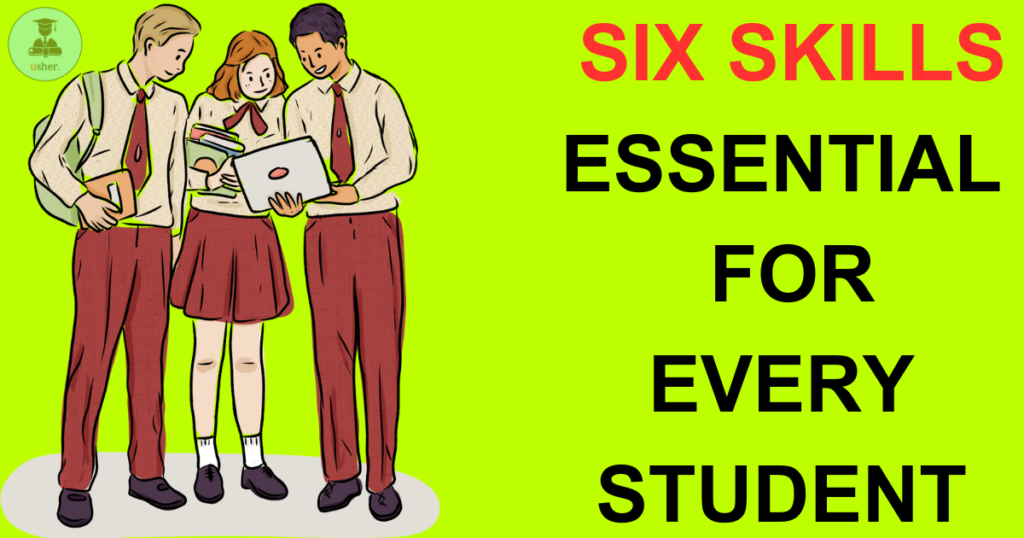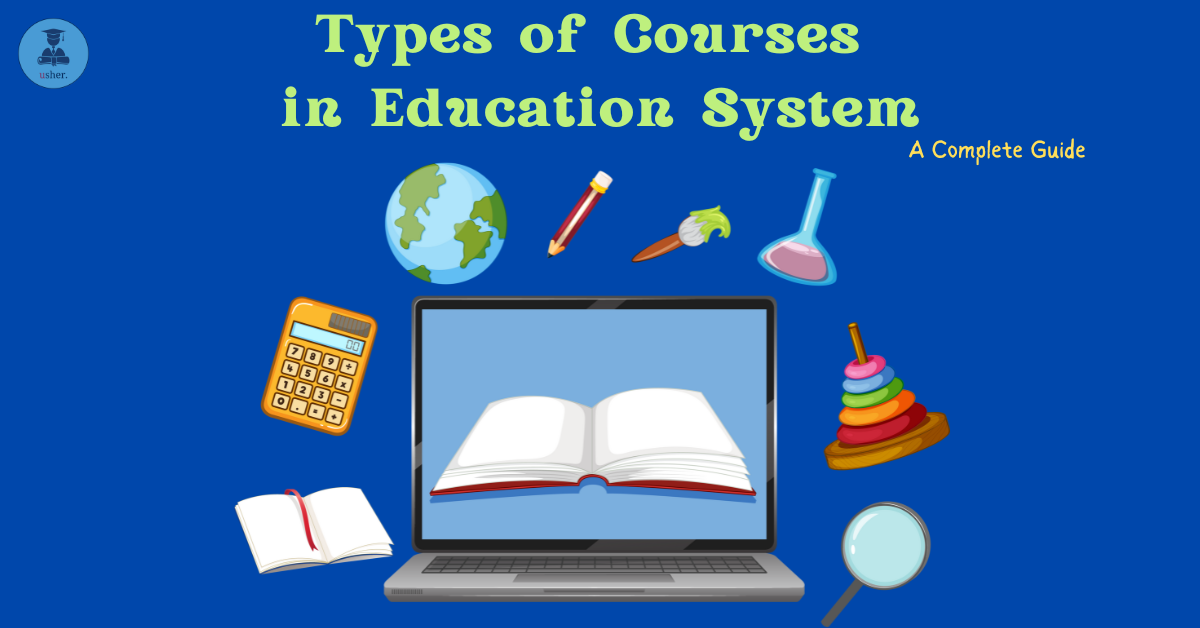Back in the day possessing knowledge of literature and mathematics with skills like writing and reading made one literate of high value. In this age of technology, it takes more to stand out from the crowd. People need to have continuous knowledge of technology, media, and community.
Therefore, students need to hone a few salient skills to be educated, successful and thrive in this digital age. Some of these are discussed below:
Communication
Have you heard the phrase, “Communication is the key”? Yes, this is true.
Communication, or simply said, is the exchange of information by speaking, writing, or using some medium. This is the basis for every formal or informal interaction.
As a student, clear and effective communication is the key. You must learn how to clearly express your opinions, ideas, thoughts, and viewpoints.
There is no space for misunderstanding or change of messages when messages are delivered clearly, which reduces the potential for conflict.
Effective communication helps to create strong relationships which can furthermore help students find opportunities for personal and professional growth.
When our conversations with peers are truthful and authentic, this helps build trust and confidence.
Effective communication also involves active listening and body language. How we prioritize and act on what our peers say helps build empathy and self-awareness.
Creativity
Gone are the days when creativity was limited to scientists or architects. In this era, creativity is for everybody in their own essence.
For students, creativity is the new productivity. To be creative, students must have the confidence to try new things and experiment with new ideas. Creativity requires research, courage, risk-taking, and perseverance. Instead of being terrified of failure or criticism, students should see them as opportunities for growth.
Creativity is not just limited to activities in school but goes further into discovering new connections, relations, and possibilities to create something new.
It is one vital skill that helps with problem-solving, decision-making, and being successful in school and life.
Critical Thinking and Problem Solving
Critical thinking is the systematic approach to evaluating any new information. This type of approach would help students think out of the box and discover new ways of problem-solving.
This is considered the most complex of all intellectual functions which begins with thinking of the given problem to finding the best possible solution.
These skills help students to efficiently gather knowledge, process information, analyse data, and figure out solutions based on personal observation and understanding.
It is regarded as the root of learning as it allows students to reflect on and comprehend their points of view.
Collaboration and Cooperation
Another aspect that every student must master is the art of working together. This is in fact one of those skills that is required at every stage of life.
There are numerous benefits for students who work as a team player:
- It improves problem-solving skills
- Promotes social interaction
- Enhances communication
- Stimulate creativity
- Builds trust
Hence collaboration is a crucial skill for a student that helps them to delegate, collectively take responsibility for problems and find solutions.
Technical Competency
Having technical knowledge and skills is a dominant aspect in this everchanging world.
I do not see any reason for a student not to upskill themselves in technology. It has become a basic and mandatory part of their student life.
Consistently improving your IT skills will help increase your productivity and collaborate better with other students or team members.
Technical skills aid in employability, and digital literacy and make you future ready.
These skills can be inculcated through project-based learning, in extracurricular activities, or included in the school curriculum.
Soft Skills
These are non-technical skills that describe how you work and interact with others. I call them ‘Super Skills’, as they play a crucial role in building rapport, network, and trust among peers.
These are those skills that distinguish you from other peers and help you move ahead in your career. They help you work harmoniously in dynamic environments.
Some of the soft skills for students include:
- Leadership
- Adaptability
- Time Management
- Emotional Intelligence
Skills like communication and critical thinking discussed above also come under soft skills.
Remember that developing and mastering soft skills is a lifetime goal. As a result, attempt to build these talents during your academic years by engaging in various activities or attending workshops.
Also read: Five tips to help you become a more productive student
Conclusion
You can become a more effective and productive student with the above skill set. This enhanced productivity would play a key role in achieving your objectives and goals. We hope you achieve great success in your life.
All the best for your future!




